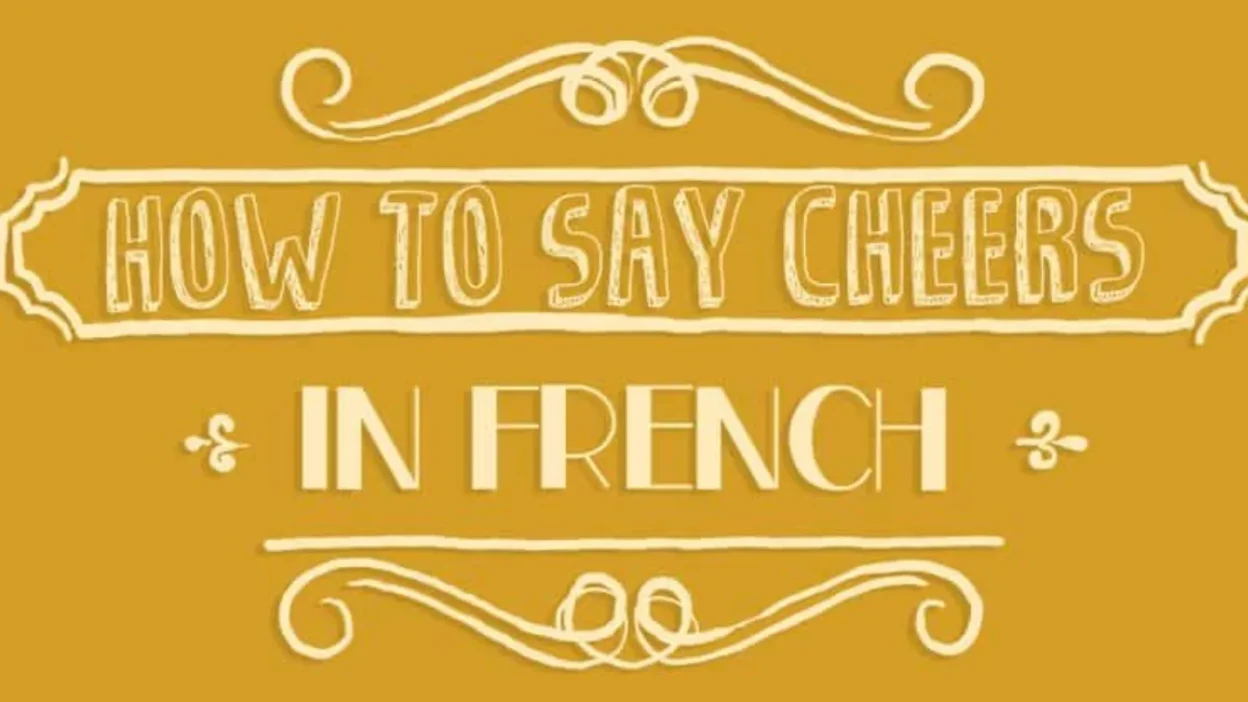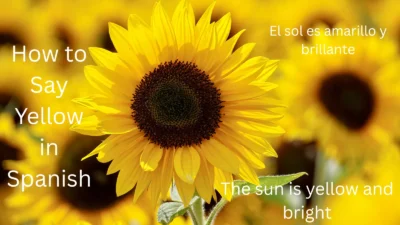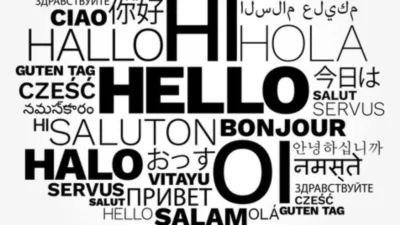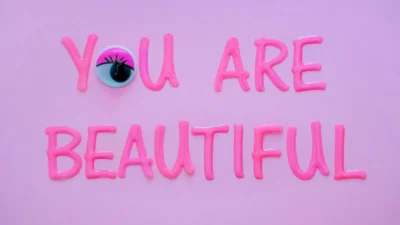How to Say Cheers in French is something every traveler or language lover should know—especially if you’re enjoying a toast with French friends or dining in Paris.
The word you’re looking for is “Santé!”, a cheerful way to wish someone good health while clinking glasses. In this guide, you’ll learn how to say cheers in French, when to use it, and how to sound polite and natural in different settings.
Knowing how to say cheers in French adds charm and confidence to your conversations during meals or celebrations.
Whether you’re at a wedding, a wine tasting, or a café, this simple word creates a warm connection.
Say Cheers in French Examples & Origin
Here are 15 ways to cheer in French with the word “Santé!”—complete with pronunciation.
15 phrases table for How to Say Cheers in French
| # | French Phrase | Meaning / Use | Situation |
|---|---|---|---|
| 1 | Santé ! | To your health | Most common toast |
| 2 | Tchin-tchin ! | Fun / casual cheers | Friends & informal gatherings |
| 3 | À la vôtre ! | To your (plural/formal) health | Polite or professional setting |
| 4 | À ta santé ! | To your health (informal) | Saying cheers to one friend |
| 5 | À la nôtre ! | To ours! | When toasting as a group |
| 6 | À votre succès ! | To your success | Celebrating achievements |
| 7 | À l’amitié ! | To friendship | Warm, friendly toast |
| 8 | À l’amour ! | To love | Romantic or sweet setting |
| 9 | À la vie ! | To life! | Deep or emotional toast |
| 10 | Portons un toast ! | Let’s make a toast | Formal or speech toast |
| 11 | On trinque ? | Shall we toast? | Suggesting a toast |
| 12 | Je trinque à toi ! | I toast to you | Personal/friendly |
| 13 | À demain ! | To tomorrow! | When celebrating future plans |
| 14 | À votre santé et bonheur ! | To your health and happiness | Warm + polite |
| 15 | Santé et prospérité ! | Health and prosperity | Festive occasions (holidays, weddings) |
1. Santé ! (Health!)
Origin:
This is the most common toast in France. “Santé” literally means “health” and reflects the wish for good health to everyone present.
Example:
👤 User A: À cette belle soirée – santé !
👤 User B: Santé !
Use: Universal; works in any setting from casual drinks to formal events.
2. À votre santé ! (To your health!)
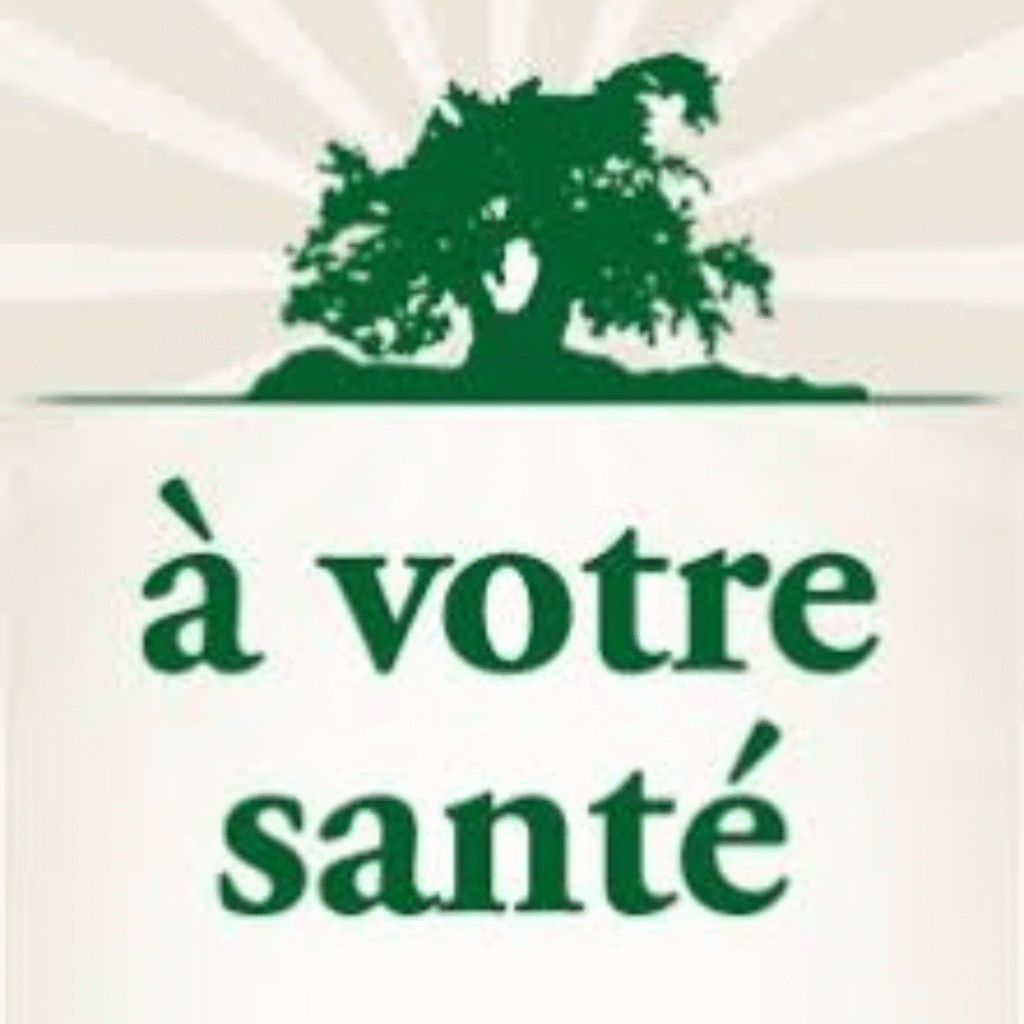
Origin:
A more polite or formal variation of “Santé,” using the respectful “vous” form.
Example:
👤 User A: Merci pour le dîner. À votre santé !
👤 User B: Avec plaisir. À la vôtre !
Use: Formal occasions or when toasting with someone you don’t know well.
3. À la vôtre ! (To yours!)
Origin:
A direct response to “À votre santé,” it reflects the reciprocity of toasting.
Example:
👤 User A: À votre santé !
👤 User B: À la vôtre !
Use: Formal, friendly, polite.
4. Tchin-tchin !
Origin:
Borrowed from the Chinese “Qing qing” (请请), which was adopted into French through military and diplomatic contact. It mimics the sound of glasses clinking.
Example:
👤 User A: Allez, tchin-tchin !
👤 User B: Tchin-tchin !
Use: Very popular, casual, friendly, often used among friends.
5. À la tienne ! (To yours! – informal)

Origin:
This is the casual “tu” version of “À la vôtre.”
Example:
👤 User A: À la tienne, mon pote !
👤 User B: Santé, mec !
Use: Informal, used with close friends or peers.
6. À nous ! (To us!)
Origin:
A celebratory toast focusing on shared success, relationships, or group achievements.
Example:
👤 User A: À nous et à cette belle aventure !
👤 User B: À nous !
Use: Friendly, team spirit, romantic or group settings.
7. À l’amitié ! (To friendship!)
Origin:
A heartfelt toast celebrating companionship.
Example:
👤 User A: À l’amitié, les gars !
👤 User B: Toujours fidèle – à l’amitié !
Use: Warm and emotional; often used during reunions or heartfelt moments.
8. À l’amour ! (To love!)

Origin:
A romantic or passionate toast, often heard on dates or weddings.
Example:
👤 User A: À l’amour et à notre futur ensemble !
👤 User B: À l’amour, mon cœur.
Use: Romantic and emotional.
9. Tchin !
Origin:
A shortened form of “Tchin-tchin,” it’s quick, casual, and common in modern usage.
Example:
👤 User A: Tchin !
👤 User B: Tchin !
Use: Very informal, often used in youth culture or quick cheers.
10. À la famille ! (To family!)
Origin:
Used in family gatherings or celebrations to honor bonds and togetherness.
Example:
👤 User A: Rien de plus précieux – à la famille !
👤 User B: À la famille, toujours !
Use: Sentimental, close-knit, family-focused events.
11. À la vie ! (To life!)

Origin:
A philosophical toast, similar to the Yiddish “L’chaim,” it celebrates the beauty and fragility of life.
Example:
👤 User A: Après tout ce qu’on a vécu… à la vie !
👤 User B: Oui, à la vie !
Use: Deep, thoughtful, sometimes used in meaningful or reflective moments.
12. À la tienne, Étienne !
Origin:
This is a rhyming toast, often said jokingly or playfully when someone named Étienne is present—or just for fun.
Example:
👤 User A: Allez, à la tienne, Étienne !
👤 User B: Même si je m’appelle Marc ?
Use: Humorous, light-hearted.
13. À la réussite ! (To success!)
Origin:
Used in celebrations of achievements—graduations, promotions, etc.
Example:
👤 User A: Félicitations pour ton nouveau job. À la réussite !
👤 User B: Merci ! À la réussite !
Use: Motivational, celebratory.
14. À demain ! (To tomorrow!)
Origin:
Used at the end of a gathering when you’ll see each other soon—often the next day.
Example:
👤 User A: On se retrouve demain ? À demain alors !
👤 User B: À demain !
Use: Forward-looking and casual.
15. Et glou et glou ! (Gulp gulp!)
Origin:
A humorous, onomatopoeic phrase imitating the sound of drinking. Often used jokingly among friends.
Example:
👤 User A: Et glou et glou !
👤 User B: Hahaha ! Santé !
Use: Playful, comic, light-hearted.
FAQs
- What is the most common way to say “Cheers” in French?
The most common phrase is “Santé!”, which means “To your health!”. - How do you pronounce “Santé”?
Pronounce it as sahn-TAY. - When do French people say “Santé”?
They say it when clinking glasses during a toast. - Is “Santé!” formal or informal?
It works in both casual and polite situations. - What is another friendly way to say cheers in French?
You can say “À la vôtre!” meaning “To yours!” (more polite). - What do very close friends say when drinking casually?
They might say “Tchin-tchin!” — a fun, friendly toast sound. - Do you always need to clink glasses in France?
Yes, it’s traditional — just make sure to make eye contact. - What happens if you don’t make eye contact while toasting?
It’s considered bad luck (a super common French belief). - Can you use “Santé” when drinking water?
Usually no — it’s considered odd. Toasts are for alcohol or celebrations. - How do you respond when someone says “Santé!”?
Simply say “Santé!” back with a smile.
Conclusion:
Now that you’ve mastered how to say cheers in French, you can confidently join in on toasts and celebrations with native speakers.
If it’s a formal dinner or a casual drink with friends, saying “Santé!” the right way helps you blend in and show cultural respect.
Keep practicing how to say cheers in French, and you’ll raise your glass with confidence and charm wherever you go.
